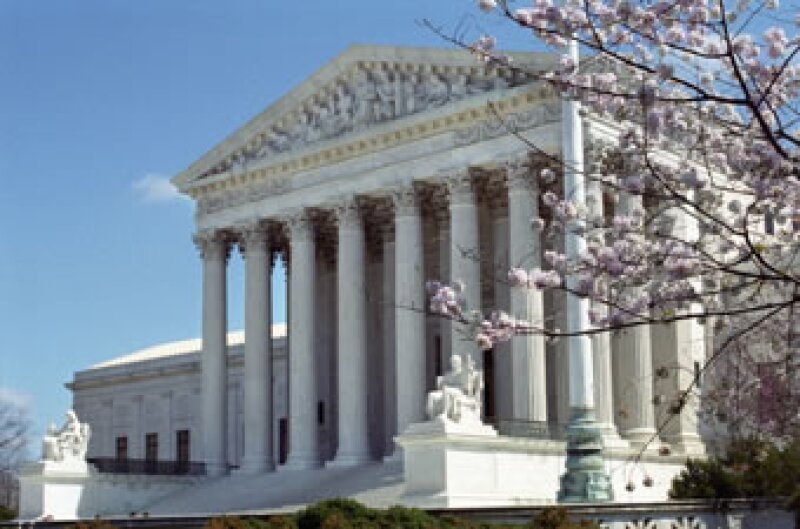
In Federal Trade Commission v Actavis, the justices heard oral arguments concerning the legality of so-called reverse payment agreements.
The case concerns a fee paid to Actavis by Solvay Pharmaceuticals, which owns a patent on testosterone-raising drug AndroGel. In exchange, Actavis agreed not to produce a generic version of AndroGel for an agreed period.
The FTC claimed the agreement amounted to illegal collusion. Actavis argued that such payments are legal provided the generic company’s delay in producing the drug is limited to the period in which the patent is valid.
But the justices seemed more concerned with the economic impact of the deals.
Justice Anthony Kennedy suggested that reverse payments should not exceed what the generic company could make by launching a competing drug, while Justice Elena Kagan said the companies involved were harming consumers by “splitting monopoly profits”.
Justice Antonin Scalia seemed to attribute the situation to a loophole in the Hatch-Waxman laws, and questioned why the court should correct a “mistake” made by Congress.
The case was previously referred to as Federal Trade Commission v. Watson Pharmaceuticals et. Al, before the combination of Actavis and Watson.










